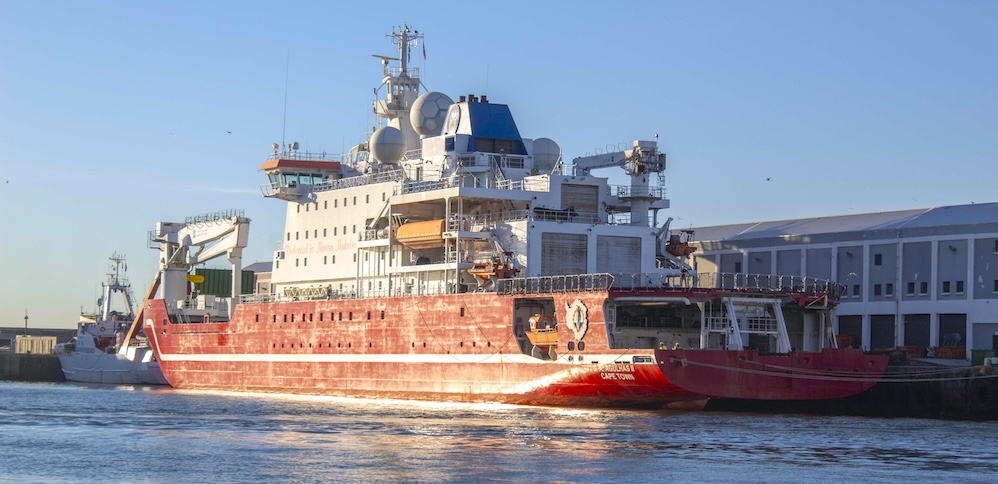DFFE allocates R9 billion amid budget constraints
The Department of Forestry, Fisheries and the Environment (DFFE) has been allocated R9.08 billion for the 2025/26 financial year, accounting for 0.35% of the national appropriation.
“When adjusted for inflation, this reflects a real decrease of R121.5 million, or 1.4%, compared to last year. In short; the department is being asked to do more, with less,” Minister of Forestry, Fisheries and the Environment, Dr Dion George, said during his Budget Vote speech in Parliament on Friday.
The Minister said the Budget Vote is being tabled against the backdrop of a constrained fiscal environment.
“Following the reversal of the proposed VAT increase in May 2025, the national budget framework was revised, with consolidated government spending projected to grow from R2.4 trillion in 2024/25 to R2.81 trillion in 2027/28.
“Nearly half the Department’s medium-term budget - R14.5 billion - will go directly to goods and services, including the Expanded Public Works Programme, implementation of the Forestry Master Plan, and rollout of the Waste Management Strategy,” the Minister said.
Transfers and subsidies to public entities, such as the South African National Bioinformatics Institute (SANBI), South African National Parks (SANParks), iSimangaliso, and South African Weather Service, will account for over R5.5 billion.
“This department is using every rand to protect ecosystems, grow green jobs, and meet the urgent demands of climate adaptation, regulation, and environmental justice.
“To achieve these imperatives, the department is focusing on six flagship priorities in the 2025/26 financial year. These “Big 6” priorities shape our work, guide our partnerships, and define the strategic investments proposed in this Budget Vote,” the Minister said.
He emphasised that climate change is not a distant threat.
“…It is here, disrupting our communities, economies, and ecosystems. We see it in rising temperatures, intensifying floods, droughts, and fires that affect lives and livelihoods. Through the Climate Change Act, now in force, we have established a unified, whole- of-government response to this urgent crisis.
“This year, we will deliver new Nationally Determined Contributions, a revised Low Emissions Development Strategy, final Sectoral Emission Targets, and implement the Climate Change Adaptation Response Plan for vulnerable coastal regions,” the Minister said.
The department has also completed the Highveld Air Quality Management Plan to ensure Eskom complies with air pollution laws — because the constitutional right to clean air cannot be compromised.
“South Africa’s biodiversity is a powerful engine for development. The revised National Biodiversity Economy Strategy will unlock 397,000 jobs and inject R127 billion annually into the economy by 2036 through eco-tourism, bioprospecting, and sustainable game meat production.
“South Africa’s fisheries are lifelines for coastal and rural communities. Through Fishing for Freedom, we are securing sustainable access, supporting small-scale fishers, and combating illegal harvesting that threatens biodiversity and food security.
“We are fast-tracking signage, wreck removal, security and road markings at the 12 proclaimed fishing harbours, implementing co-management systems for nearshore fisheries, and expanding Small, Medium and Micro enterprises (SMMEs) training in the small-scale fisheries sector,” the Minister said.
This is part of the department’s revitalisation of harbours — unlocking jobs and dignity for coastal communities. -









